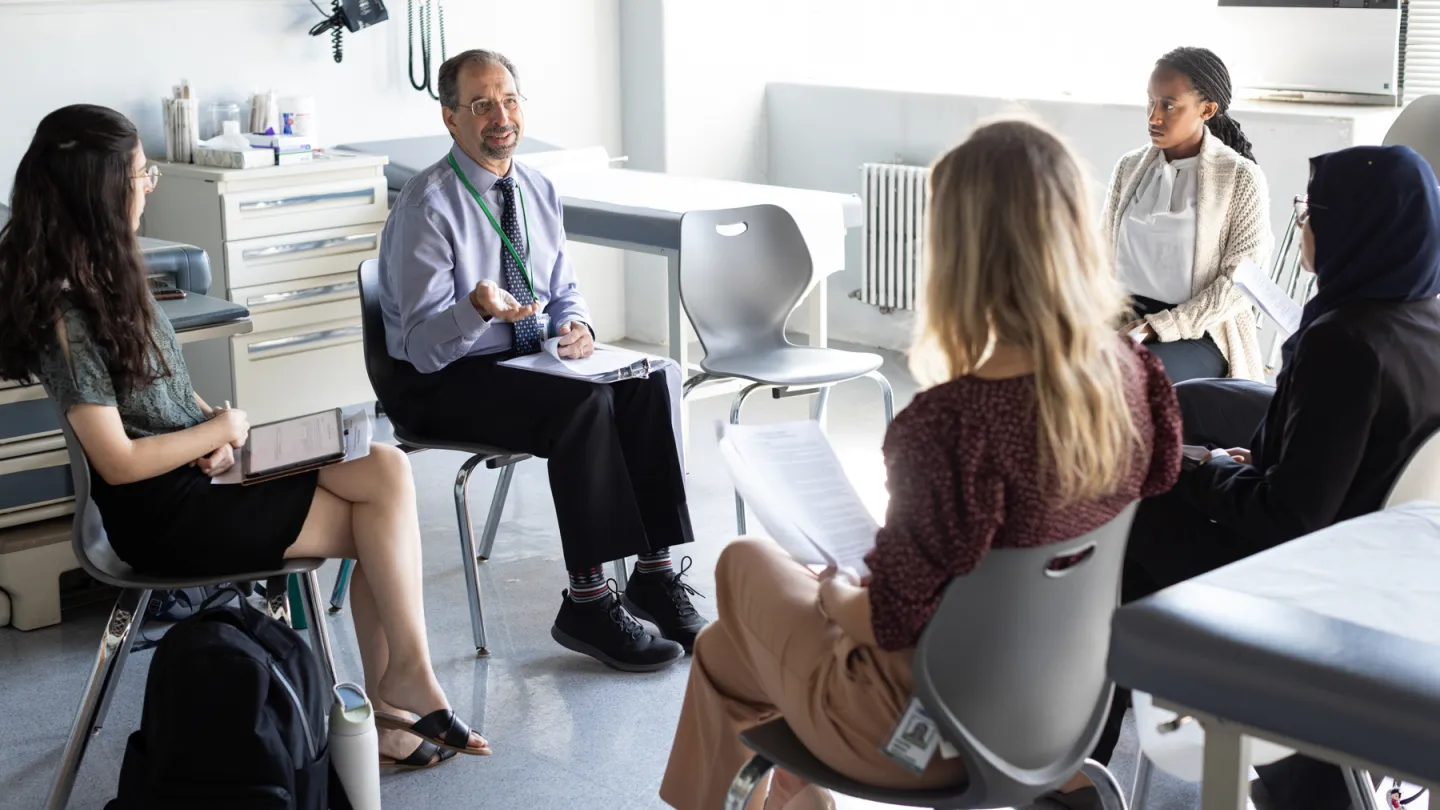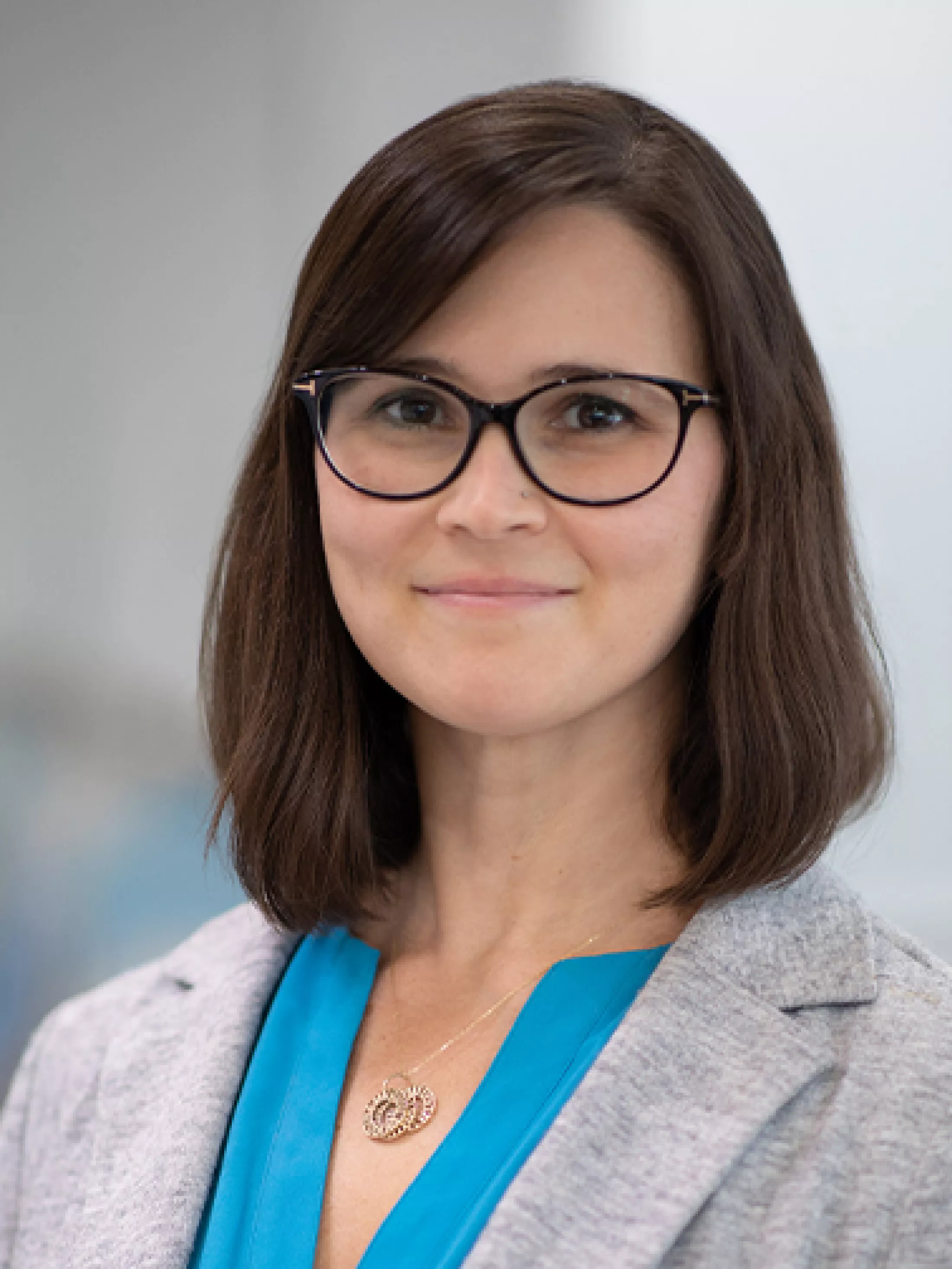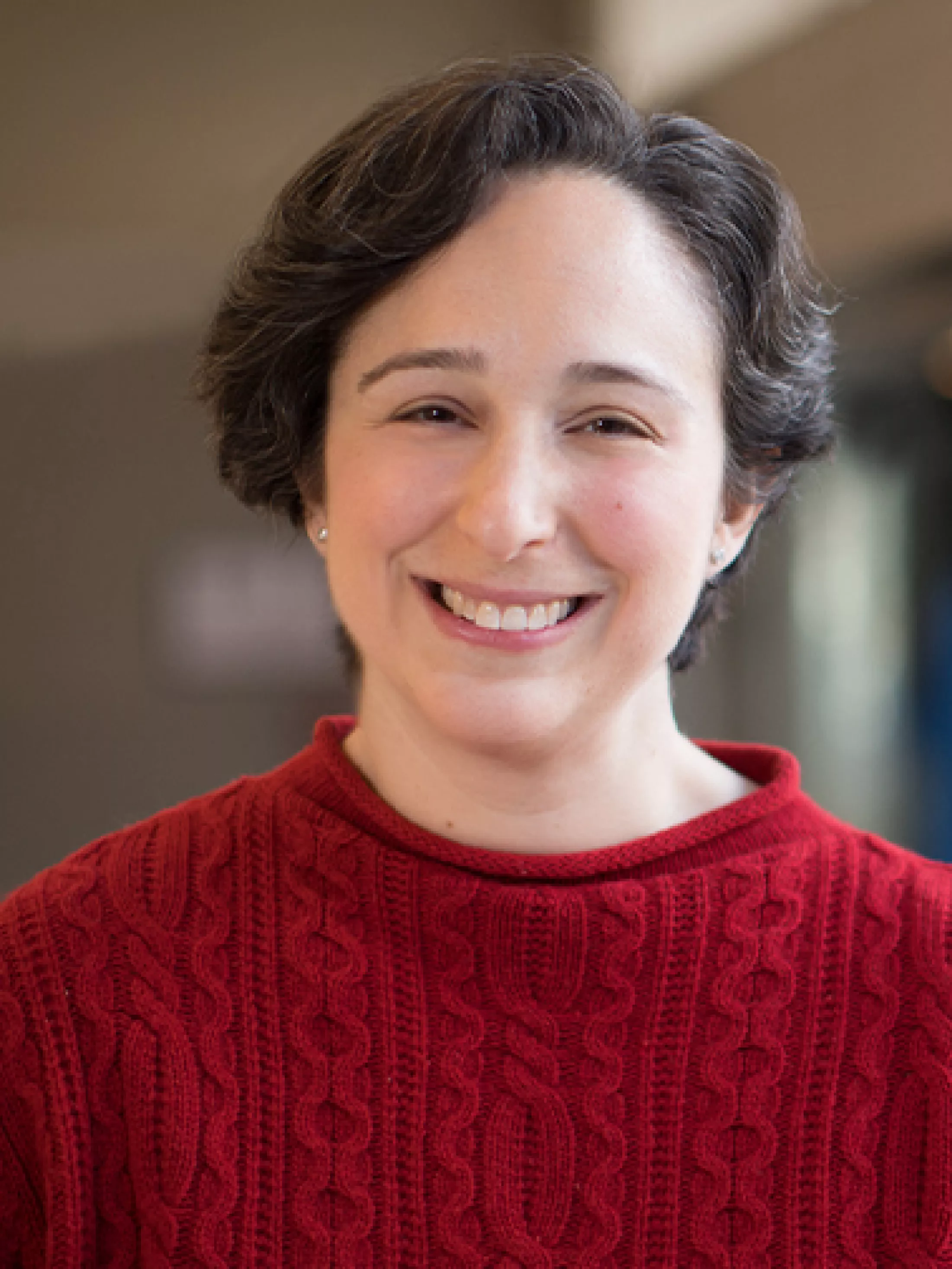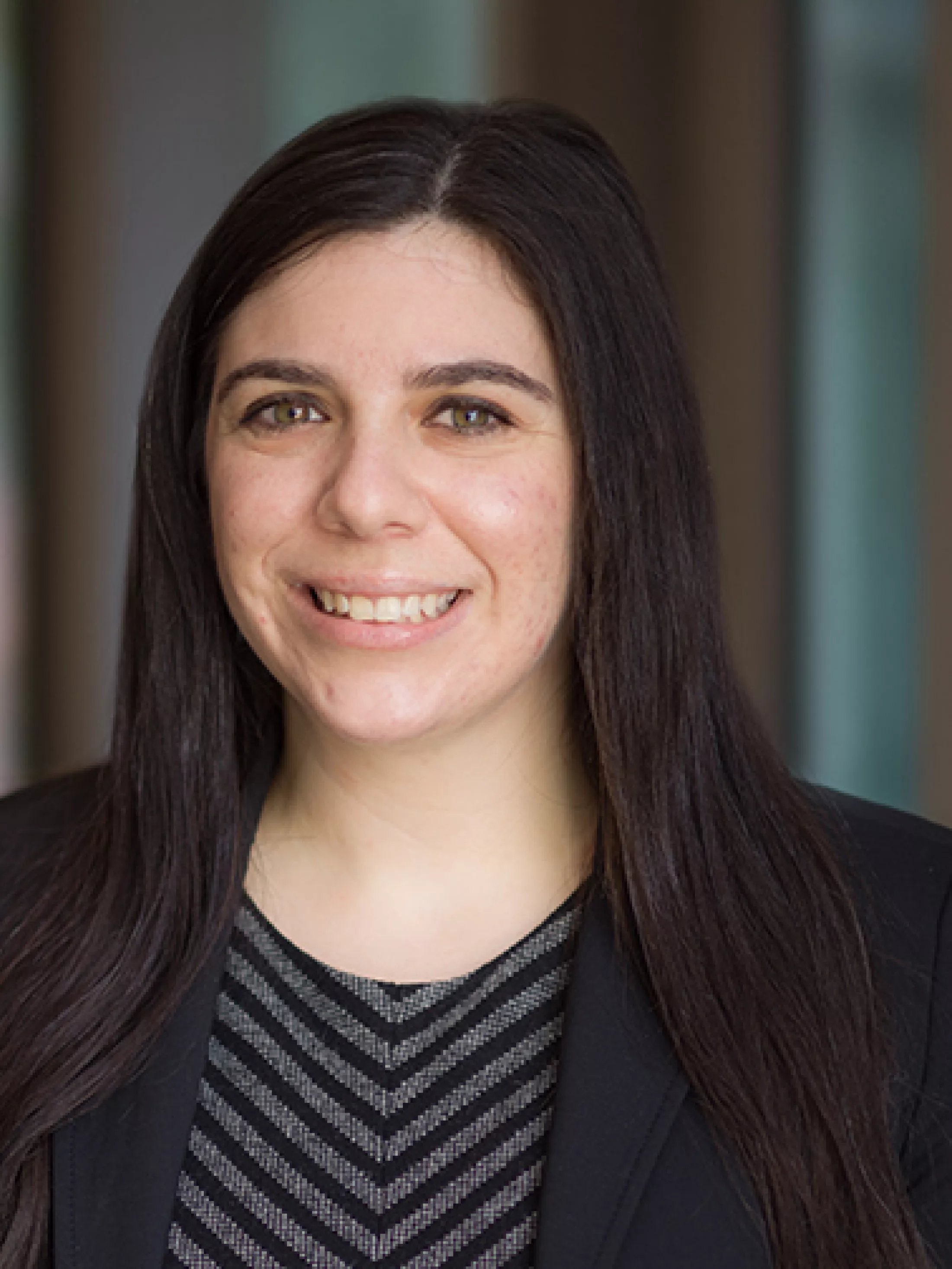Creating A Collaborative Learning Environment
As a student in the M.D. program or M.D./Ph.D. program at Albert Einstein College of Medicine, you join a community of talented researchers, educators, and physicians with a proud tradition of combining research excellence with humanistic care. During your time in medical school, you’re supported by dedicated and approachable faculty advisors and your peers as part of the Einstein Learning Communities Program, also called the ELCP.
The goal of the ELCP is to cultivate the holistic development of our M.D. and M.D./Ph.D. students into highly competent and compassionate physicians who can effectively respond to the needs of patients and communities. We combine clinical skills teaching, career advising, and near-peer connections to support your academic success and personal growth, share career opportunities, and provide guidance. No matter what academic year you're in or which career interests you pursue, the ELCP supports many facets of your life during your time here.
Program Structure
The ELCP is comprised of four houses, each with a cadre of six to seven dedicated faculty advisors—one of whom is designated to serve as a house leader—and student members from each class year. Faculty advisors provide consistent student advising and clinical skills teaching from new student orientation through graduation. Students participate in community building events within and across the ELCP houses and are assigned to small groups that learn clinical skills together in the Becoming a Physician course, part of Einstein’s M.D. curriculum. When you enroll at Einstein, you are assigned to one of the four ELCP houses and to faculty advisors within that house. You remain part of this group throughout medical school.
Becoming a Physician Course
Becoming a Physician is the longitudinal clinical skills curriculum at Albert Einstein College of Medicine. During Becoming a Physician, you develop the knowledge and skills needed during clinical encounters with patients, including communication and interpersonal skills; history taking; physical examination; clinical reasoning; presentation and documentation; reflective practice skills; and professional attitudes and behaviors. The course is taught primarily in small groups by one of the Einstein Learning Communities Program faculty. During blocks one and two of Becoming a Physician, you gain medical interviewing and physical examination skills and reflect on issues including behavioral medicine, professionalism, and the patient–physician relationship. You also begin to build clinical reasoning skills through interactive problem-based learning sessions and independent case study. During block three, you continue to develop and enhance your medical interviewing and physical examination skills and begin exploring more complex biopsychosocial issues related to behavioral medicine. Instructors emphasize clinical reasoning and presentation skills in preparation for the transition to clerkships. During the clerkship phase of the course, students will continue to meet in their small groups with their faculty member to reflect on and discuss their developing professional identity.
Faculty Advisors
Faculty advisors in the ELCP serve as teachers, advocates, advisors, mentors, role models, and more. Each faculty advisor is carefully selected by a committee comprised of faculty and students. In the initial weeks of your first block at Einstein, you engage in both individual and group meetings with your faculty advisor. You continue to meet one-on-one multiple times throughout the year to discuss your academic progress and your growth as a professional.
During your third year of medical school, your faculty advisor helps guide you through the residency application process, helping you to select a specialty, create and submit your residency application, and prepare for your residency interviews.
Peer Connections
As part of your experience in the ELCP, you also form relationships with near-peer students within your house. Peers are available to discuss academic and professional opportunities at Albert Einstein College of Medicine and in the local community, answer questions, discuss challenges, and listen to any concerns you have about medical school.
Our Team
Sandra K. Oza, M.D.
Assistant Dean, Learning Communities Program
Sheira L. Schlair, MD
Communication and Interpersonal Skills Leader, Becoming a Physician
Hillary C. Moss, MD
Physical Examination and Procedural Skills Leader, Becoming a Physician
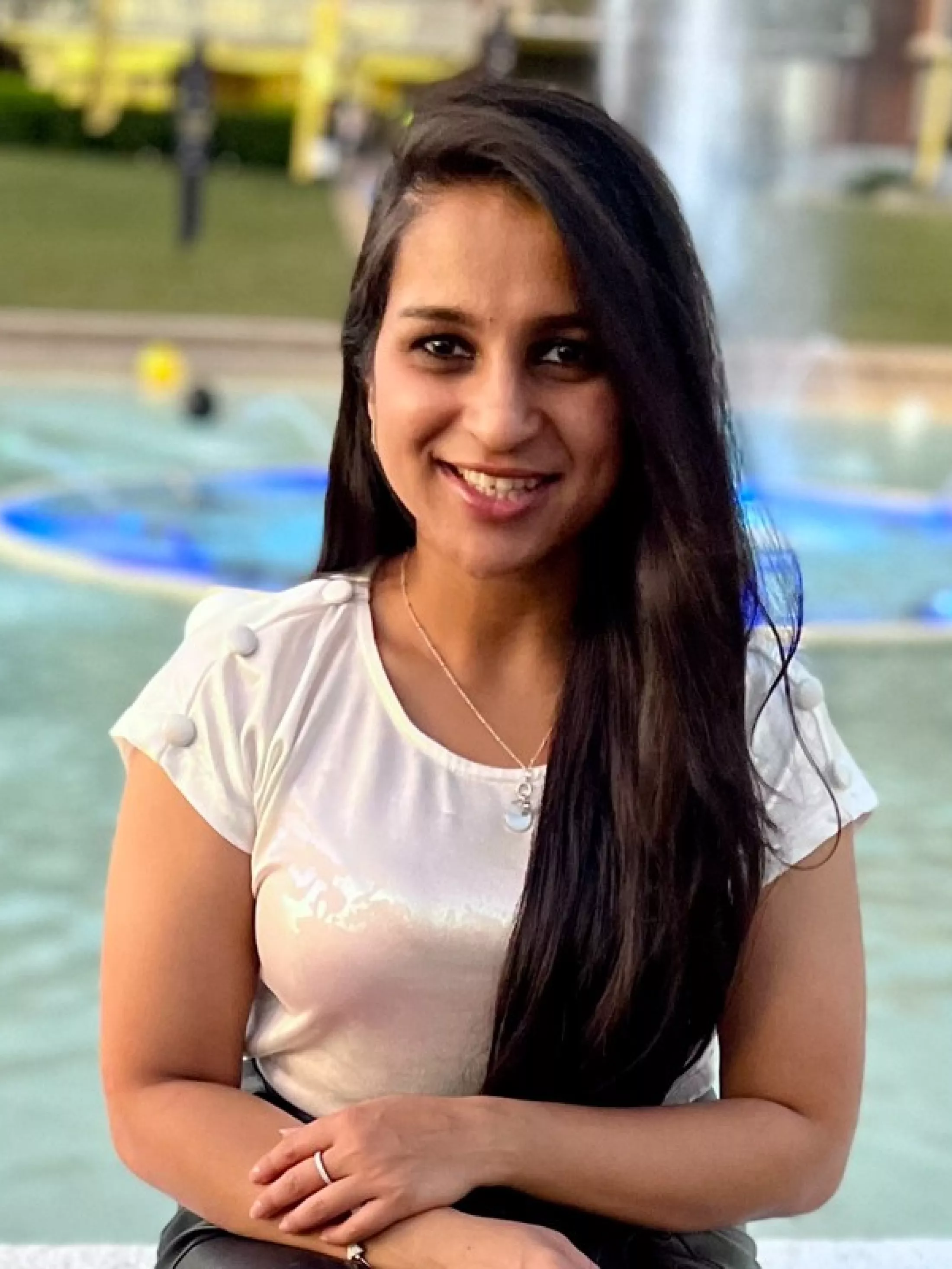
Shamika More
Program Manager, Clinical Experience, Becoming a Physician
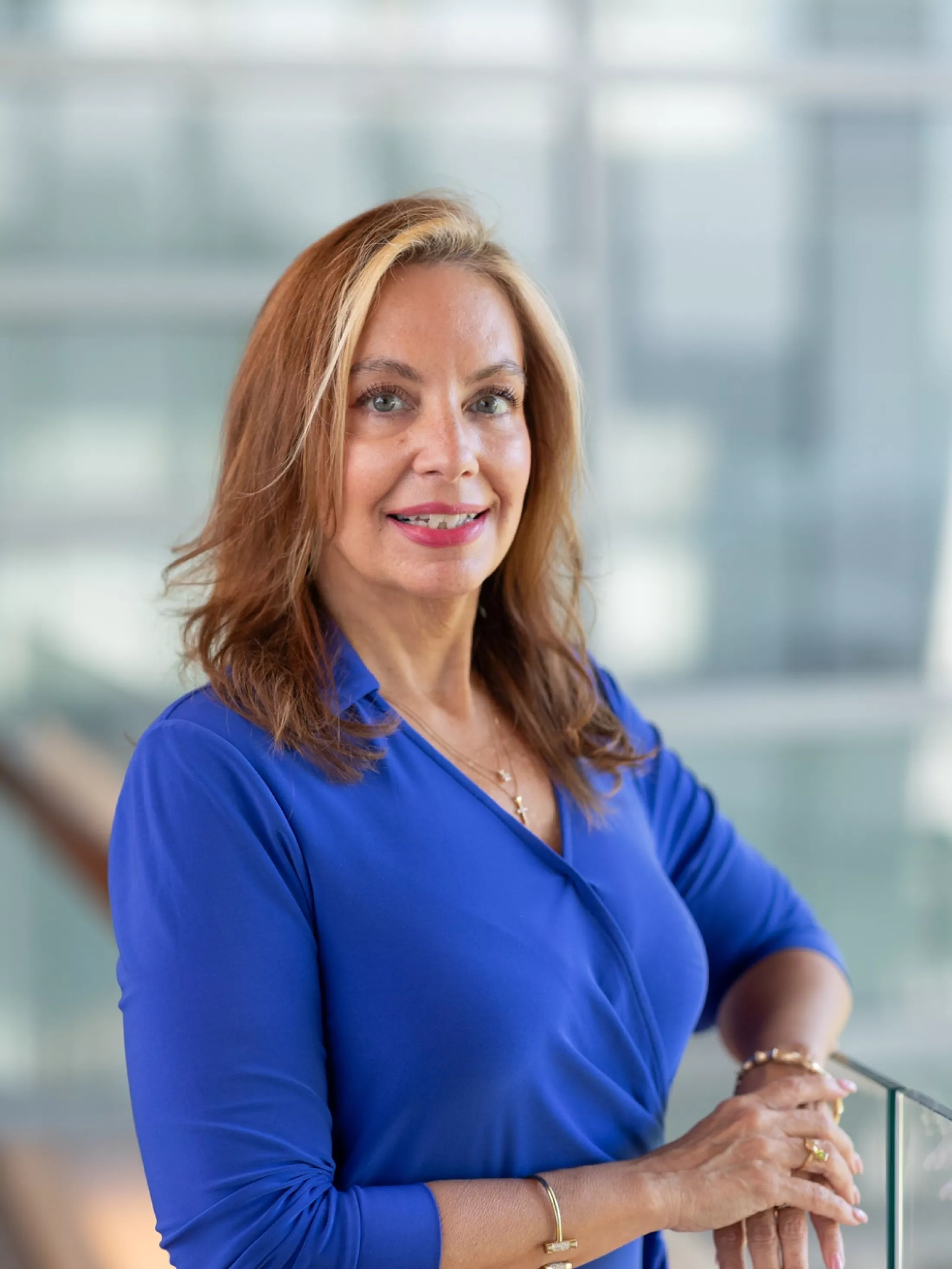
Liza Velasquez
Program Coordinator, Learning Communities Program
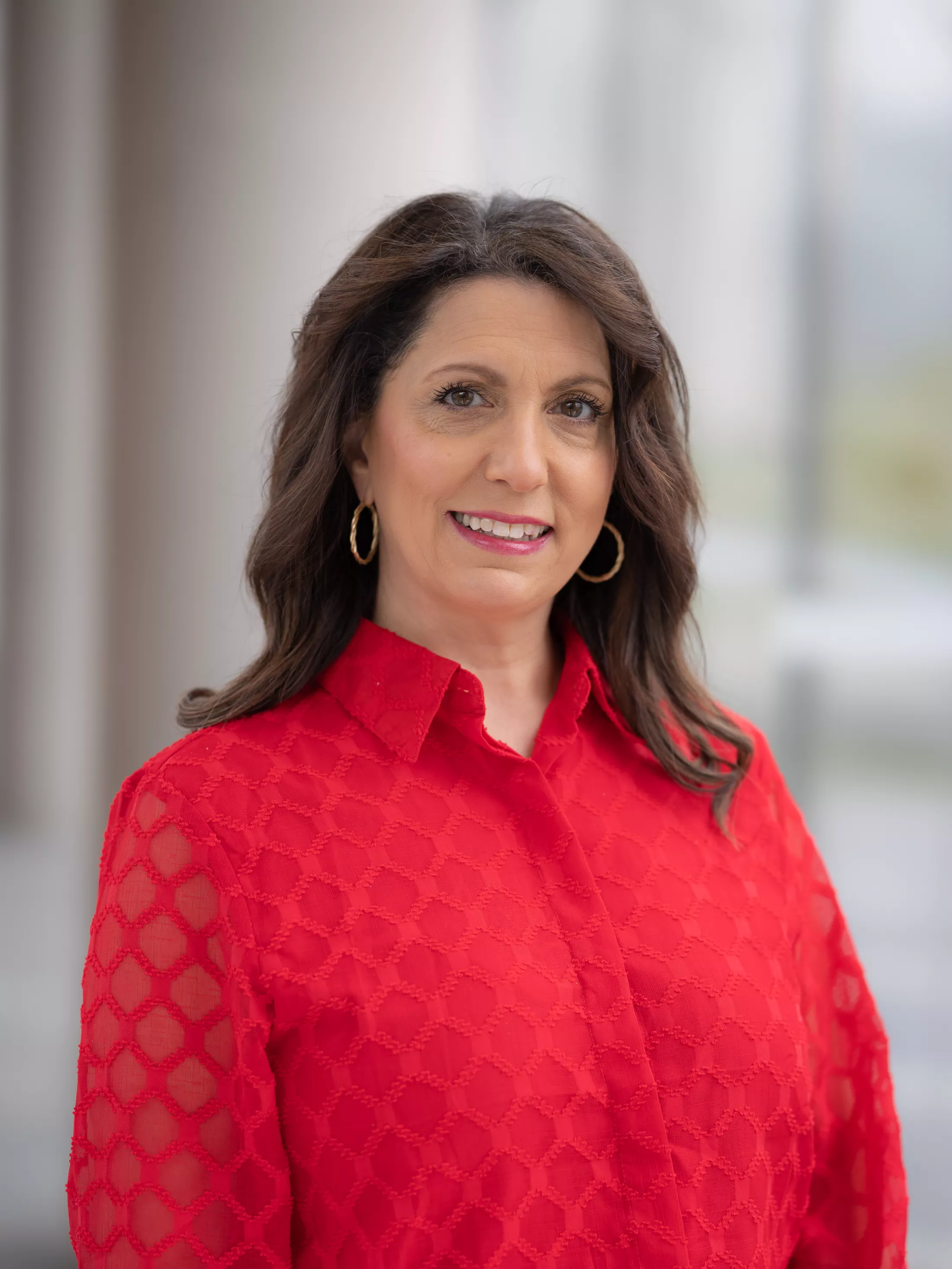
Dina Astorino
Course Coordinator, Becoming a Physician
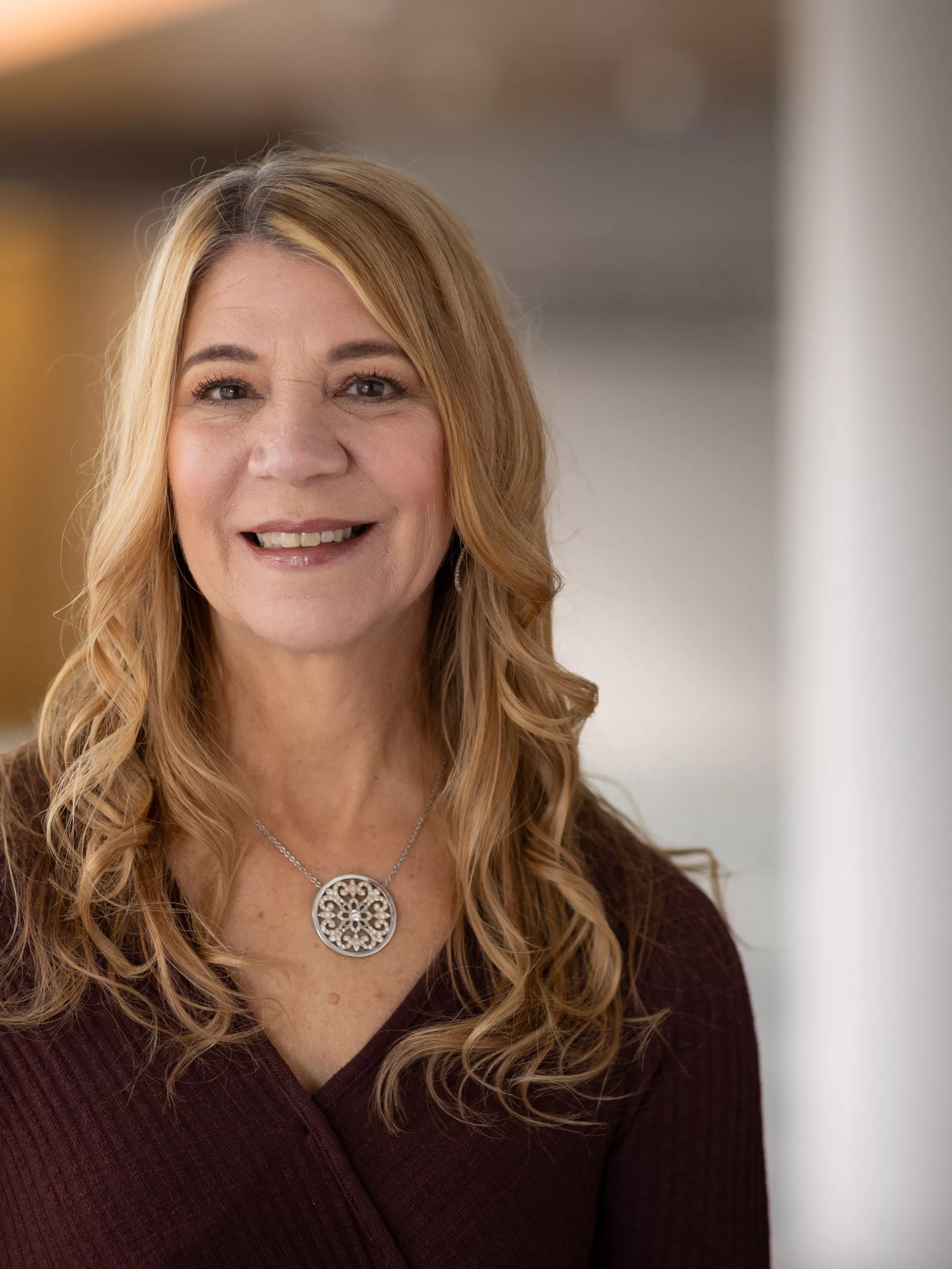
Marykay Roddy–Champlin
Course Coordinator, Becoming a Physician

